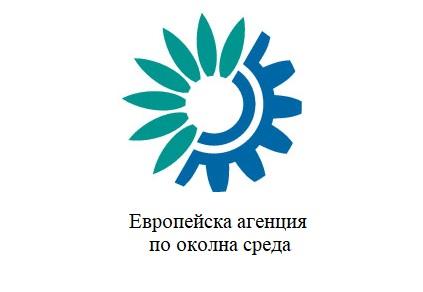Bulgaria complies with air quality standards, but the transition to a circular economy is slow, the EEA report for 2025 points out
29 Sep, 2025 | 14:14Bulgaria’s environmental policy has delivered positive results. However, the transition to sustainability still requires more action in several areas. This is reported for our country in the European Environment Agency’s (EEA) comprehensive report on the state of the environment in Europe - “Europe’s environment 2025”, published today.
Bulgaria complies with air quality standards for almost all major air pollutants, the report states. There has also been significant progress in achieving compliance with EU air quality standards for particulate matter with a diameter of 10 μm or less, which has long been a problem for Bulgaria. In order to maintain consistent air quality levels, it is important to continue implementing measures targeting the main sources of pollution.
The pace of the transition to a circular economy is slow and there is room for improvements in waste management and resource efficiency. Another cause for concern is the high rate of resource use combined with the rather low rate of use of secondary raw materials. The report states that Bulgaria is still at risk of not achieving its 2025 municipal waste recycling targets.
With 35% coverage of the National Ecological Network for the inland territory, Bulgaria is among the best performing countries in the EU, after Slovenia and Croatia. The policy is now focused on the effective management and development of the maritime network.
Bulgaria is catching up with the EU average trends in greenhouse gas emissions.
The availability of high-quality agricultural resources, diverse meteorological and natural conditions, good practices in the agricultural sector and the measures planned by Bulgaria are a good basis for promoting the development of organic production, shows the summary assessment for the country.
You can see more information here: Bulgaria in the EEA report "Europe's environment 2025"
The EEA publishes a report on the state of the environment in Europe every five years. "Europe's environment 2025" is the seventh report published by the EEA since 1995. It is based on data from 38 countries and offers solid and scientifically sound conclusions about how we should respond to the huge and complex challenges we face, such as climate change, biodiversity loss, and air and water pollution.
